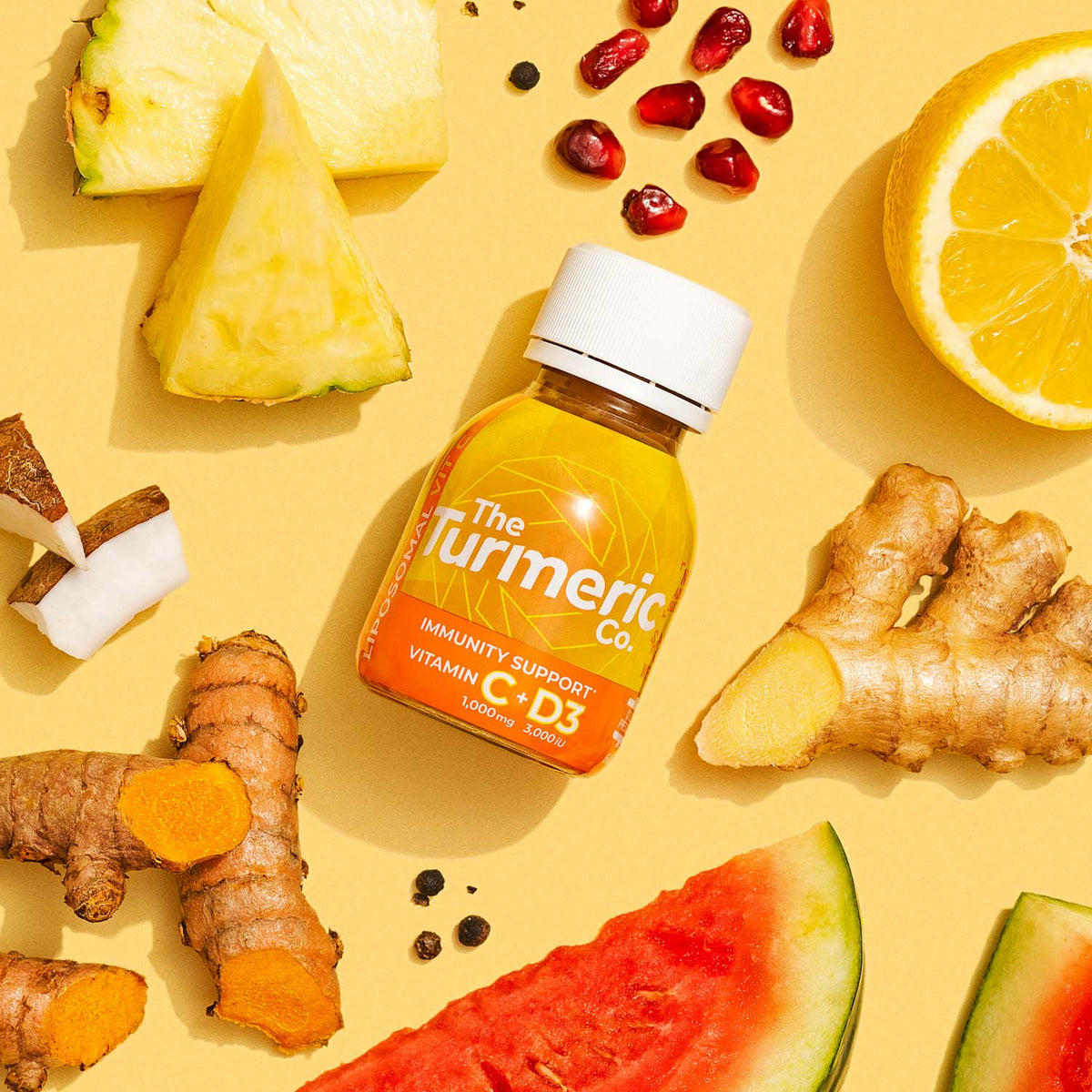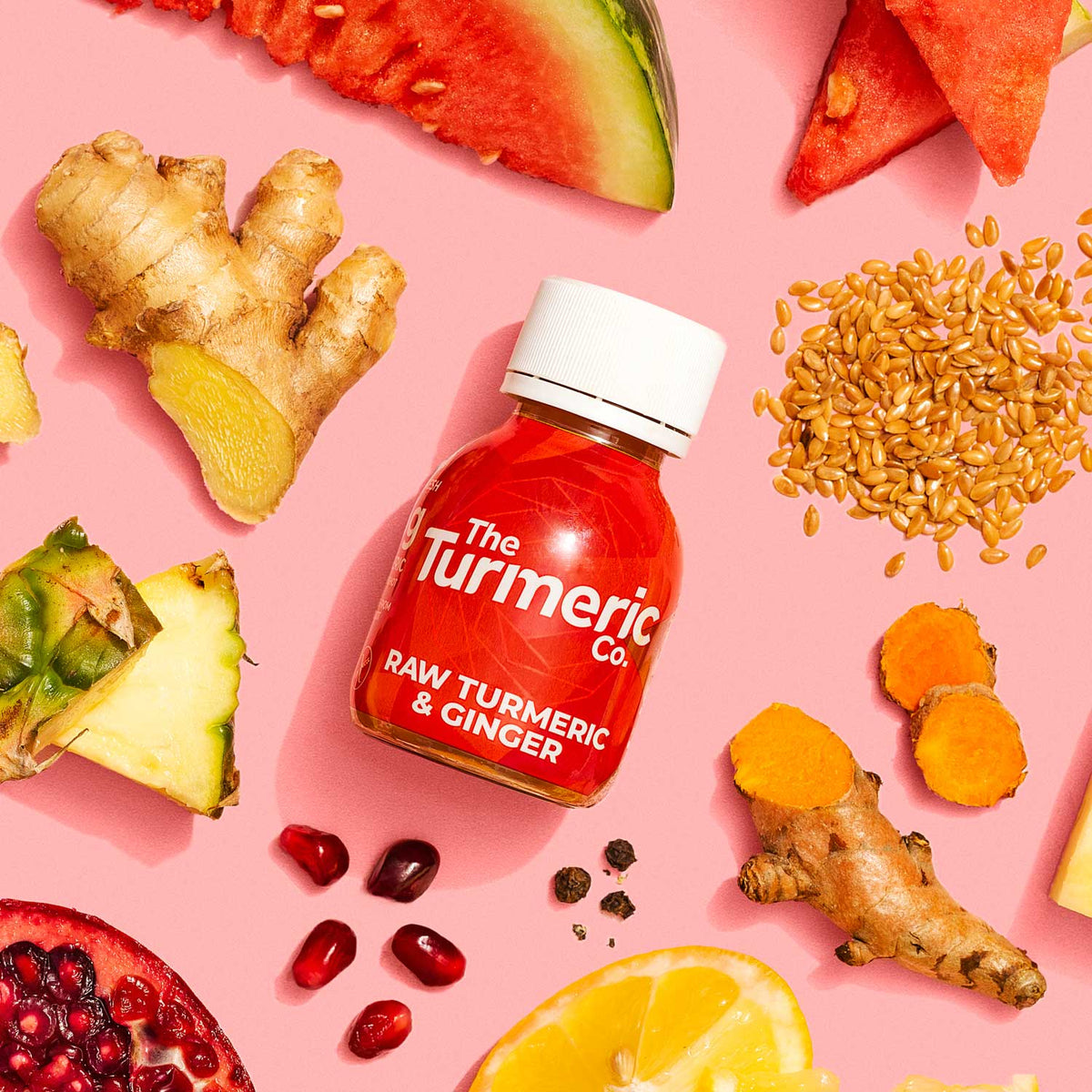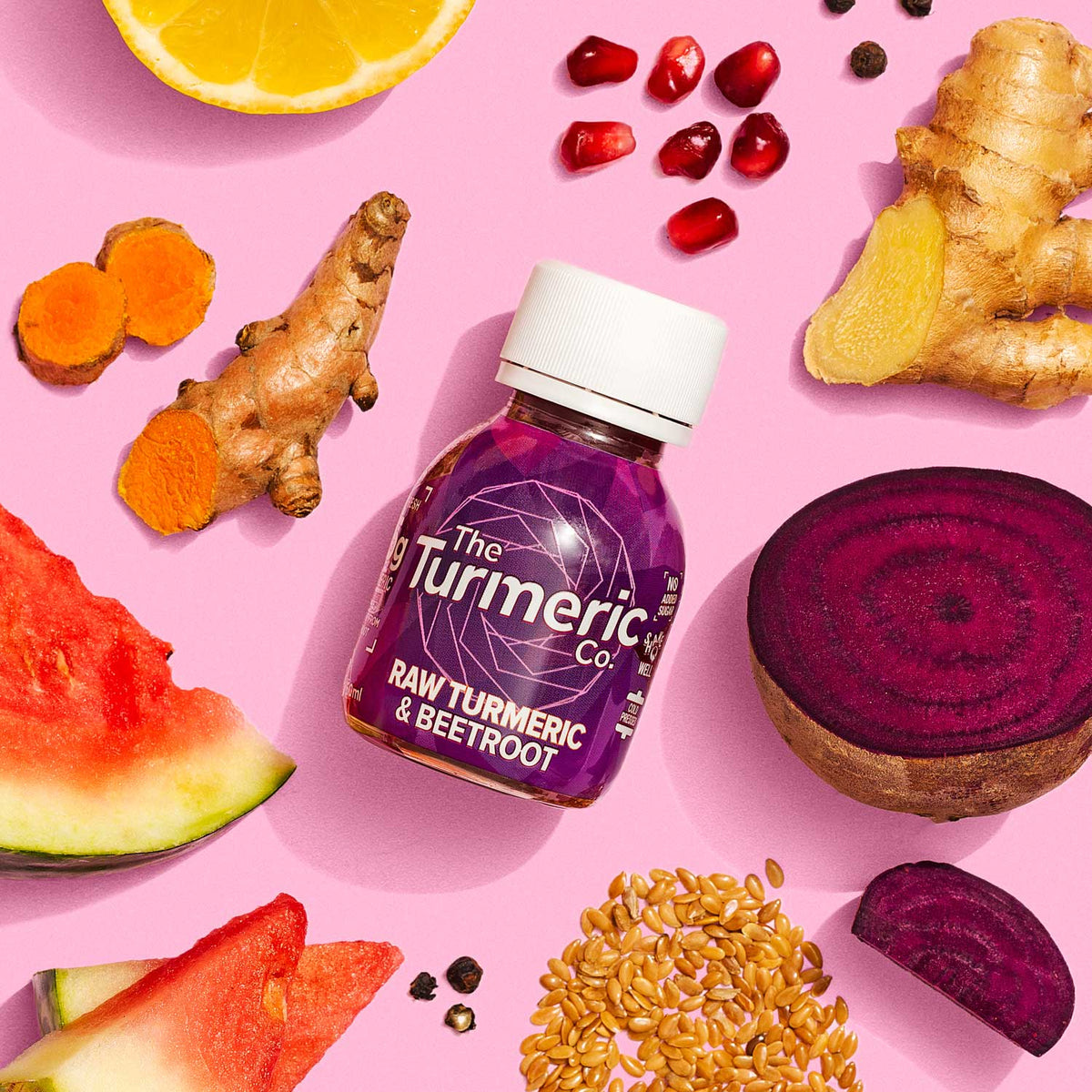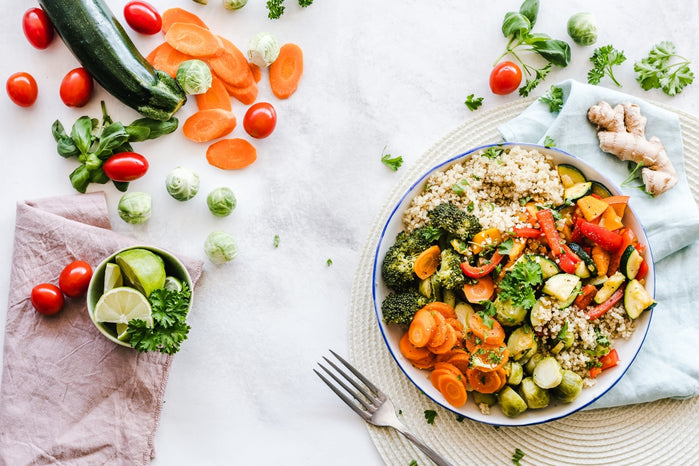How many times have you heard the adage: ‘You are what you eat’?
It’s a proverbial saying that’s as old as time, but while the physical benefits of maintaining a healthy, balanced diet are well documented, the link between nutrition and mental health is far less clear.
We’ve partnered with wellbeing and mental health training course provider Calmer to explore the subject further.
How does nutrition affect mental health?
Recent studies have helped to shed more light on the relationship between food and mental wellbeing. Researchers from Binghamton University and Stony Brook University in the US found negative mental health associations with high caffeine intake and moderate-to-high fast-food consumption.
This adds to slightly older research - the Health Survey for England - which discovered that alcohol intake and obesity could be linked to low mental wellbeing, and a diet that included plenty of fruit and veg correlated with higher levels of mental health.
There’s still a lot of research to be done around the subject, but there’s a growing body of evidence to suggest the brain thrives on a healthy diet.
What is ‘good nutrition’?
What actually is a ‘healthy diet’?
There’s a lot of conflicting information out there and you can be forgiven for getting your nutritional wires well and truly crossed (we recently dived into the 5-a-day/7-a-day/10-a-day fruit and veg debate ourselves).
The aforementioned Binghamton University and Stony Brook University study highlighted the differences between young and mature men and women when it comes to diet and mental wellness. What works for somebody else may not be right for you.
Veering away from a one-size-fits-all approach is smart, but nevertheless it still helps to have a basic idea of the foods and drinks that are good for the mind, body and soul.
This is by no means an exhaustive list, but here are some nutrition essentials for your mental health:
Foods to include in your diet to help mental health

- Oily fish - often referred to as ‘brain food’, oily fish is full of Omega-3 and is said to help improve your mood.
- Eggs - these are a rich source of vitamin D, which can help to stave off the so-called ‘winter blues’.
- Broccoli - it’s crammed with B-vitamins, making it a food that can help to relieve stress and anxiety.
- Seeds and nuts - snacking gets a bad rap; but it all depends on what you’re snacking on. Seeds and nuts contain the amino acid tryptophan, which can increase serotonin levels - aka the ‘happy hormone’.
- Green tea - speaking of amino acids, theanine is prevalent in green tea and studies have shown it to have a stress-relieving effect on humans.
- Turmeric - research has found that curcumin - the primary bioactive substance in turmeric -can have a positive effect on neurological disorders such as major depression.
Get an Original Raw Turmeric Shot Box
Sugar and stress (and all things not so nice!)
We’ve identified a few foods that can have a positive impact on stress and mental wellbeing, but rather than list half a dozen more items that have a negative effect, we’d rather cover one core topic… sugar!
How the body combats stressful situations
Chances are you know about the effects that excessive sugar consumption can have on your weight (and teeth!), but you may not know that the sweet stuff and stress are intrinsically linked.
During stressful moments, the adrenal glands trigger the release of glucose as the body prepares itself for increased levels of activity. Suffice to say, prolonged periods of stress can send your blood sugar levels all over the place.
Why reaching for the sweets could be a vicious circle
Most of us will have encountered stress and made a beeline for our favourite comfort food to pull us through it. The 2020 Sugar Report - carried out by Fresh Smile Clinic - showed the UK tore through almost 3 million tonnes of sugary foods last year, including 540,424 tonnes of biscuits.
Staggering!
A sudden sugary hit may help to alleviate stress momentarily, but this ‘sugar rush’ can quickly wear off. Studies have also shown that regular sugar and saturated fat consumption can trigger feelings of anxiety in the over 60s.
Beware of those hidden sugars!

You may think it’s easy to steer clear of sugar - just avoid the biscuits, sweets and fizzy drinks, right?! The truth is that high levels of sugar can be found in lots of unexpected places.
Ready meals, sauces, certain cereals, low-fat yoghurts and even some bread brands can all be packed with sugar.
At The Turmeric Co., we’re big on fresh and natural ingredients. Avoiding heavily processed foods in favour of meals and drinks that you can prepare yourself using high-quality produce is the way forward. If you made it yourself, you know exactly what has gone in there!
The hardest part = sticking to healthy habits
Being told what you can and can’t eat can feel patronising and restrictive. Having a list of foods that are good and bad for you is a great starting point but putting the theory into practice is harder for some people than others.
We all encounter stress and poor mental wellbeing at times, but we can take steps to manage this. Forming good habits can take time: it was once claimed that it takes 21 days to form a new habit, but the reality is that it could be more than 250 days before a new, healthier routine becomes second nature.
Our friends at Calmer shared some handy tips for creating healthy habits right here.
The key is to be kind to yourself, make small positive changes (especially with your diet), and most importantly, keep going!
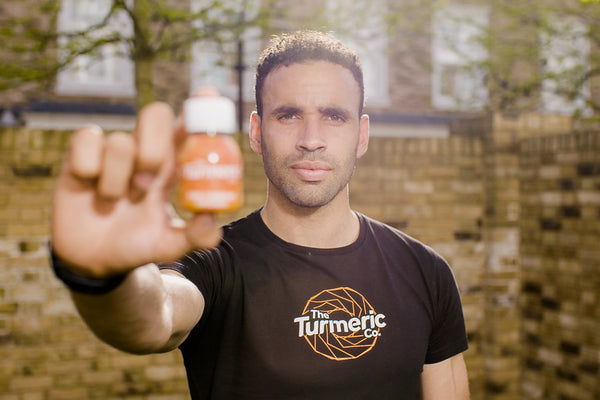
The Hal Robson-Kanu Guide To Fitness & Nutrition
Gain exclusive insight into habits that will make every day a healthy and fulfilling one.


